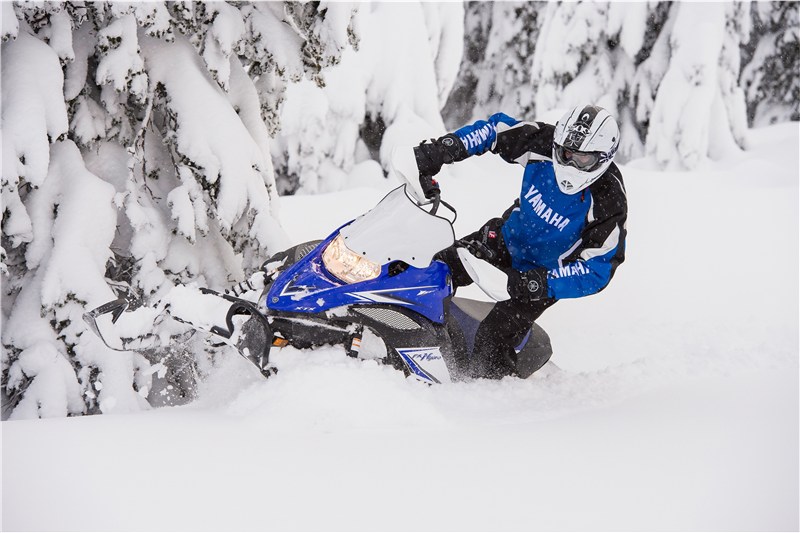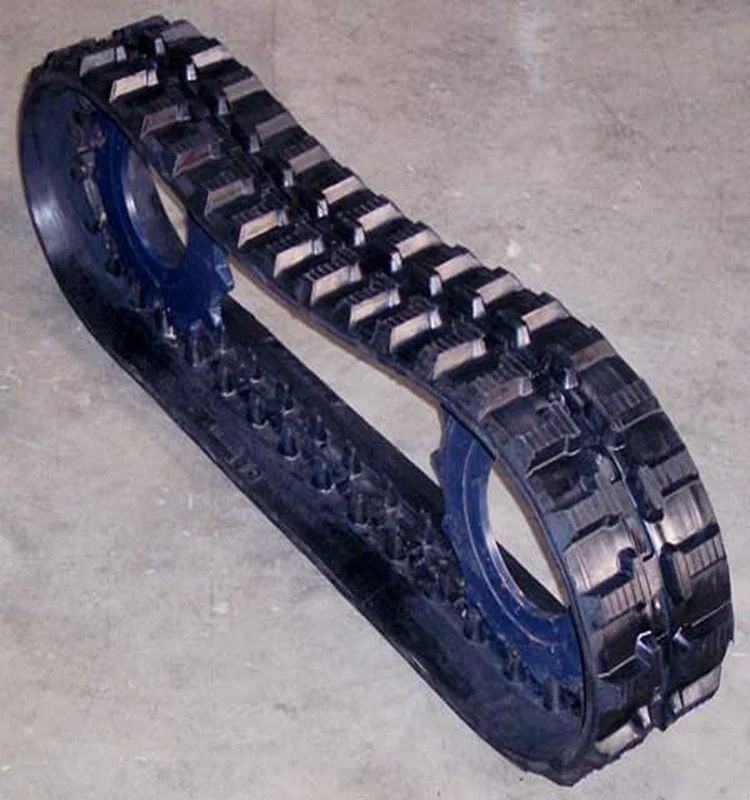
The past two winters in Maine have seen snowmobile riders injured in record numbers. Not surprisingly, the rapid rise in the number of snowmobilers using Maine’s trail network has been accompanied by a surge in injury-causing snowmobile accidents. Non-resident snowmobile registrations went from 2,332 to 8,771 over the same period, a rise of approximately 400%. Unofficial records from Maine’s Department of Inland Fisheries and Wildlife (IFW) show snowmobile registrations up over 40% from 1985 to 1995. and Canadian populations.ĭuring the last decade, factors including focused marketing, stable fuel prices, and good snowfall have resulted in dramatic growth in Maine’s snowmobile industry. With its land area surpassing that of all other New England states combined, Maine presents an unequaled winter wilderness experience, located within an easy drive for a large percentage of the U.S. Maine’s vast expanse of undeveloped territory has long been a magnet for snowmobile enthusiasts. Introduction to Recreational Vehicle Negligence This article discusses some things to consider when the next snowmobile case comes in your door. Representing riders injured in snowmobile accidents presents special challenges. Recreational Vehicle Negligence: Developing the Snowmobile Case FAQs: Find Answers to Your Questions Here.Campgrounds and Camps Sexual Abuse Claims.

Once resolved, the effect of inflow velocities of water and air on the braking of the sled are studied. In the development of the 3D predictive model, convergence issues associated with the numerical mesh, initial/boundary conditions, and compressibility of the fluids were encountered. By adjusting the inflow velocity of air and water, it is possible to simulate HHSTT sled tests at various operational speeds. The model is a multi-phase flow that uses the governing equations of gas and liquid phases with the finite volume method, to perform 3D simulations. By discretizing a volume space around our brake, we accelerate water and air to relatively simulate the brake engaging. In this study, focus will be made on the brake component of the track sled that is responsible for interacting with the water for braking. By studying water braking using Computational Fluid Dynamics (CFD), forces acting on track vehicles can be approximated and prepared for prior to actual test. This method takes advantage of the higher density of water, compared to air, to increase braking capability through momentum exchange. Specializing in high-speed testing, Holloman High-Speed Test Track (HHSTT) uses a process called ‘water braking’ as a method to bring vehicles at the test track to a stop.

Journal of Computing and Information Science in Engineering.Journal of Computational and Nonlinear Dynamics.Journal of Autonomous Vehicles and Systems.ASME Letters in Dynamic Systems and Control.



 0 kommentar(er)
0 kommentar(er)
